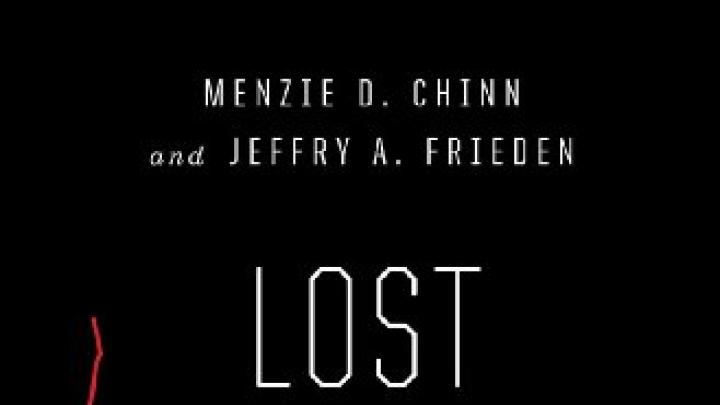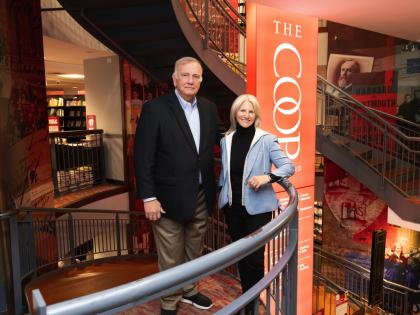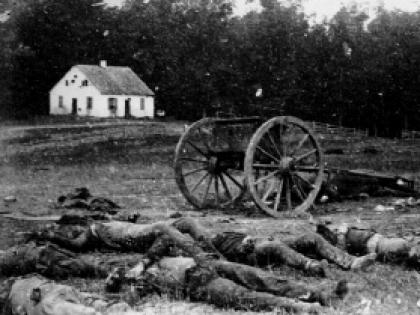It has been a rotten economic decade for the United States. Why—and can anything be done to keep the stagnant new normal from persisting? In Lost Decades: The Making of America’s Debt Crisis and the Long Recovery (W.W. Norton, $26.95), Menzie D. Chinn ’84, of the University of Wisconsin, and Stanfield professor of international peace Jeffry A. Frieden advance a macroeconomic account of these woes, and a (difficult) path away from them. In the preface, they ask, “What happened?” and answer thus:
The United States borrowed and spent itself into a foreign debt crisis. Between 2001 and 2007, Americans borrowed trillions of dollars from abroad. The federal government borrowed to finance its budget deficit; households borrowed to allow them to consume beyond their means. As money flooded in from abroad, Americans spent some of it on hard goods, especially on cheap imports. They spent most of the rest on local goods and services, especially financial services and real estate. The result was a broad-based economic expansion. This expansion—especially in housing—eventually became a boom, then a bubble. The bubble burst, with disastrous effect, and the country was left to pick up the pieces.
The American economic disaster is simply the most recent example of a “capital flow cycle,” in which capital floods into a country, stimulates an economic boom, encourages high-flying financial and other activities, and eventually culminates in a crash. In broad outlines, the cycle describes the developing-country debt crisis of the early 1980s, the Mexican crisis of 1994, the East Asian crisis of 1997-1998, the Russian and Brazilian and Turkish and Argentine crises of the late 1990s and into 2000-2001—and, in fact, the German crisis of the early 1930s and the American crisis of the early 1890s.…
To be sure, the most recent American version of a debt crisis was replete with its own particularities: an alphabet soup of bewildering new financial instruments, a myriad of regulatory complications, an unprecedented speed of contagion. Yet for all the unique features of contemporary events, in its essence this was a debt crisis. Its origins and course are of a piece with hundreds of episodes in the modern international economy.
For a century American policymakers and their allies in the commanding heights of the international financial system warned governments of the risks of excessive borrowing, unproductive spending, foolish tax policies, and unwarranted speculation. Then, in less than a decade, the United States proceeded to demonstrate precisely why such warnings were valid, pursuing virtually every dangerous policy it had advised others against.…
The American crisis immediately spread to the rest of the international economy. The world learned a valuable lesson about global markets: they transmit bad news as quickly as good news. The American borrowing binge had pulled much of the world along with it—drawing some countries (Great Britain, Ireland, Iceland, Spain, Greece) into a similar debt-financed boom, and tapping other countries (China, Japan, Saudi Arabia, Germany) for the money to make it possible. The collapse dragged financial markets everywhere over a cliff in a matter of weeks, with broad economic activity following within months.








